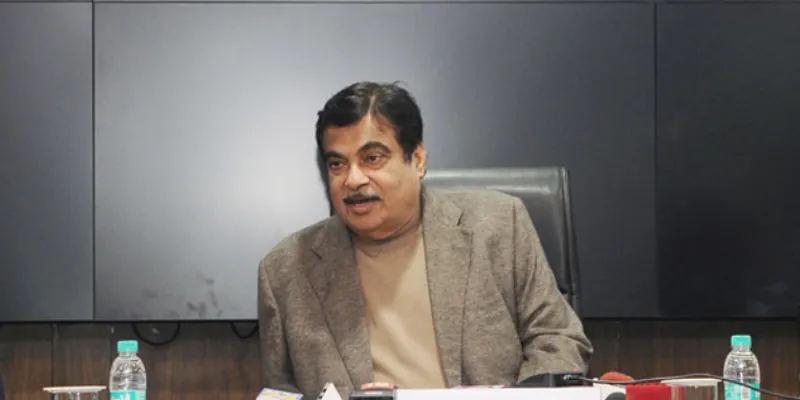Nitin Gadkari plans to boost number of MSMEs in India; bats for existing schemes
The Union Minister told the Rajya Sabha that the MSME Ministry, through its various schemes, is providing credit facility, technology upgradation, and skilling to boost India's MSME ecosystem.

Nitin Gadkari, Union Minister for Micro, Small, and Medium Enterprises (MSMEs) said in the Rajya Sabha that the ministry aims to increase the number of MSMEs in India on a sustainable basis through various schemes and programmes, according to a government release.
Gadkari added that the ministry is providing better credit facility, technology upgradation, and skilling to boost the entire MSME ecosystem in India.
Speaking about the Prime Minister’s Employment Generation Programme (PMEGP), Gadkari said it is a credit-linked subsidy programme aimed at generating self-employment opportunities through establishment of micro-enterprises in the non-farm sector by helping traditional artisans and unemployed youth. The scheme was launched during 2008-09.
Gadkari added that a total of 5.45 lakh micro enterprises have been assisted with a margin money subsidy of Rs 12,074.04 crore, providing employment opportunities to an estimated 45.22 lakh persons since PMEGP’s inception and till March 31, 2019.
He said, “An amount of Rs 2,247.10 crore has been allocated under PMEGP for financial year 2019-20, which is substantially higher with respect to allocation that the earlier financial year ,which would further lead to increased number of units assisted and employment generation.”
Next, the Scheme of Fund for Regeneration of Traditional Industries (SFURTI) was described by Gadkari as a cluster-based scheme for development of khadi, village industries, and coir clusters by providing them with improved equipment, common facilities centers, business development services, training, capacity building and design, and marketing support, etc.
“SFURTI Scheme has been revamped in 2015. A total of 34,791 artisans have benefitted with an assistance of Rs 143.15 crore during 2018-19,” he said.
Coming to the Scheme for Promotion of Innovation, Rural Industry and Entrepreneurship (ASPIRE), he said it was launched to set up a network of technology centres and incubation centres to accelerate entrepreneurship, and also to promote startups for innovation and entrepreneurship in the agro-industry.
Under ASPIRE, 74 Livelihood Business Incubation (LBI) centres and 11 Technology Business Incubators have been approved since the inception of the scheme, he said.
Gadkari also spoke about the Coir Board, through which the MSME Ministry is implementing various schemes and programmes to assist entrepreneurs to set up new MSMEs in all coconut producing states. Under Coir Vikas Yojana, over 36 lakh employment opportunities have been created since 2014-15 till 2018-19 in the Coir Sector.
Then, Gadkari spoke about the Credit Guarantee Scheme for Micro and Small Enterprises (CGTMSE), which facilitates credit to the MSE units by covering collateral-free credit facility (term loan and/or working capital) extended by eligible lending institutions to new and existing micro and small enterprises.
“The scheme has extended guarantee cover to over 35 lakh enterprises leading to around 1 crore employment generation. During FY 2018-19, a total of 4,35,520 proposals have been approved, providing guarantee to a tune of Rs 30,168 crore,” Gadkari said.
Gadkari then described the Credit linked Capital Subsidy Scheme (CLCSS) as a facilitator of technology upgradation of small scale industries, including agro and rural industrial units, by providing 15 percent upfront capital subsidy (limited to a maximum of Rs 15 lakh).
Since inception of the scheme in 2000-01 till date, a total of 62,827 MSE units have been assisted, utilising subsidy of Rs 3888.13 crore, Gadkari told the Rajya Sabha.
Concluding with the Micro and Small Enterprises-Cluster Development Programme (MSE-CDP), Gadkari said the MSME Ministry has adopted the cluster development approach as a key strategy for enhancing the productivity and competitiveness as well as capacity building of MSEs and their collectives in the country.
“A cluster is a group of enterprises located within an identifiable and as far as practicable, contiguous area and producing same/similar products/services,” the minister said, adding, “During 2018-19, 17 Common Facility Centres and 11 Infrastructure Development projects have been established.”









